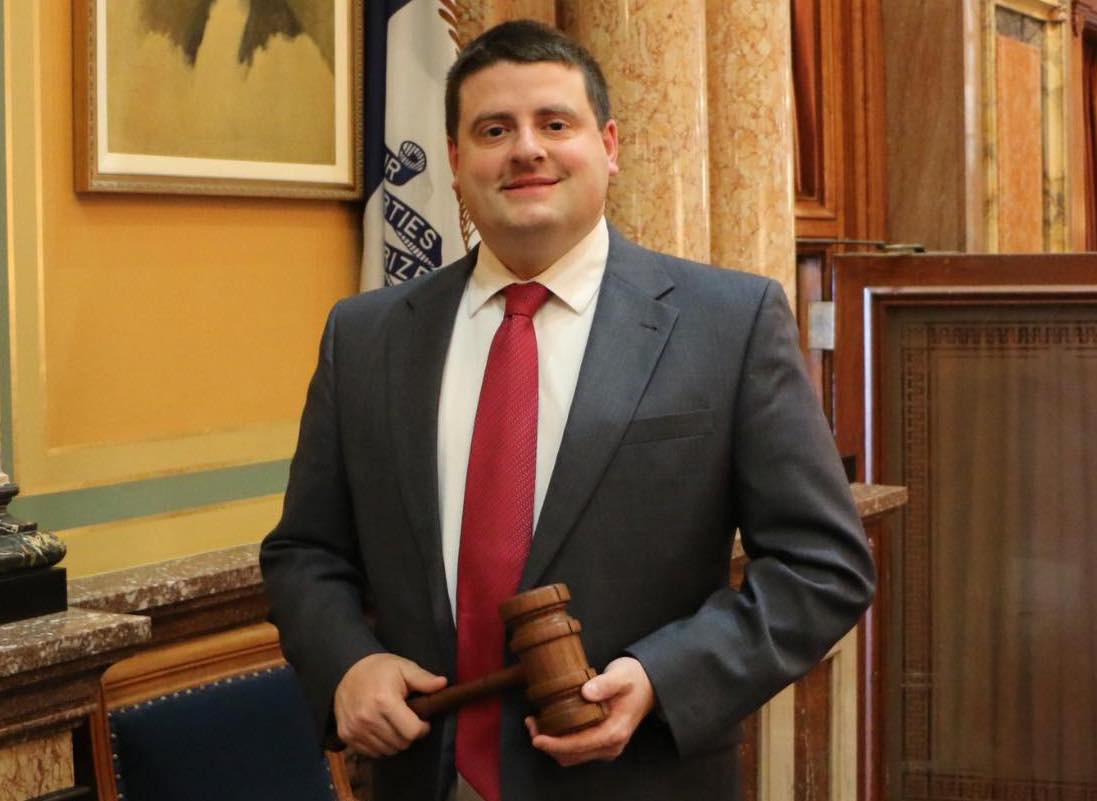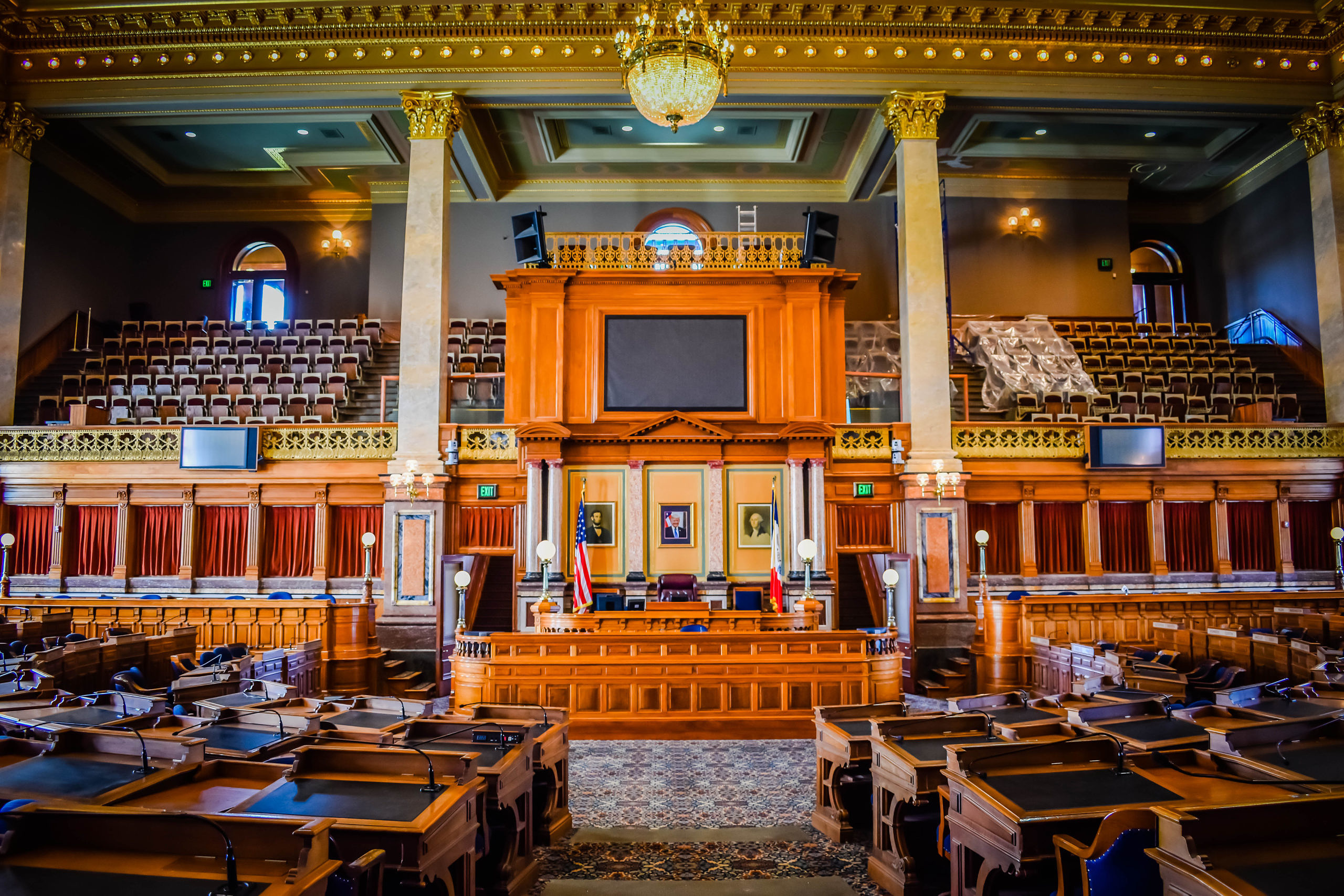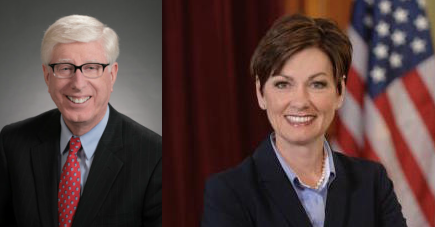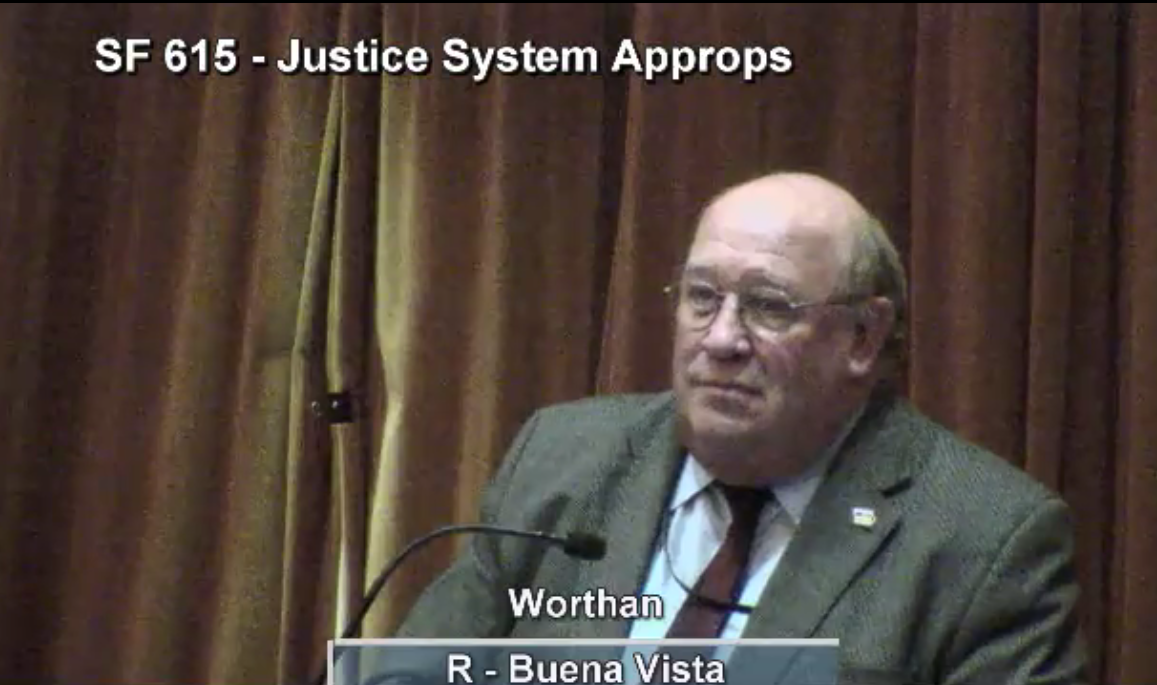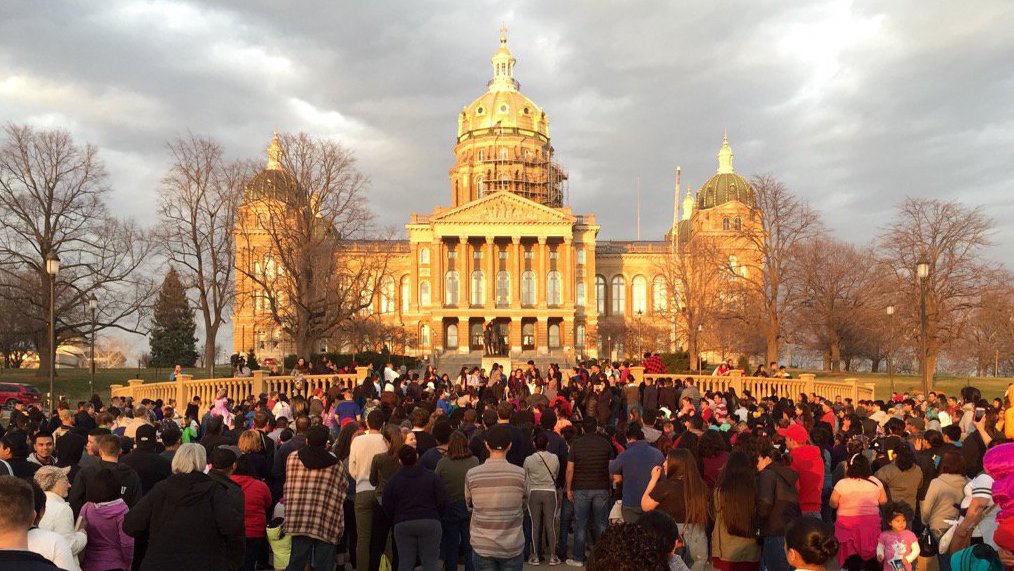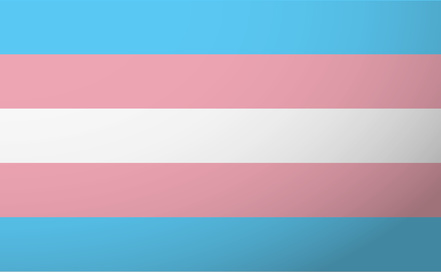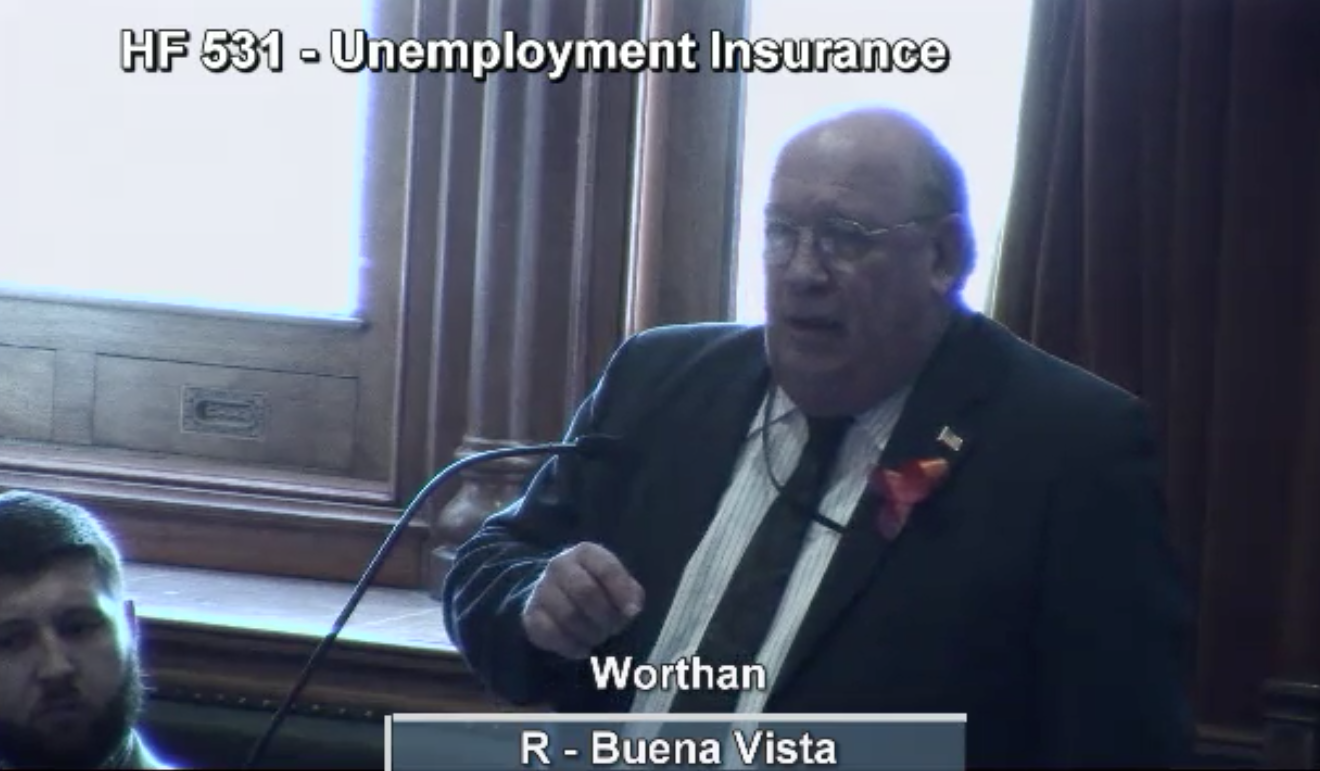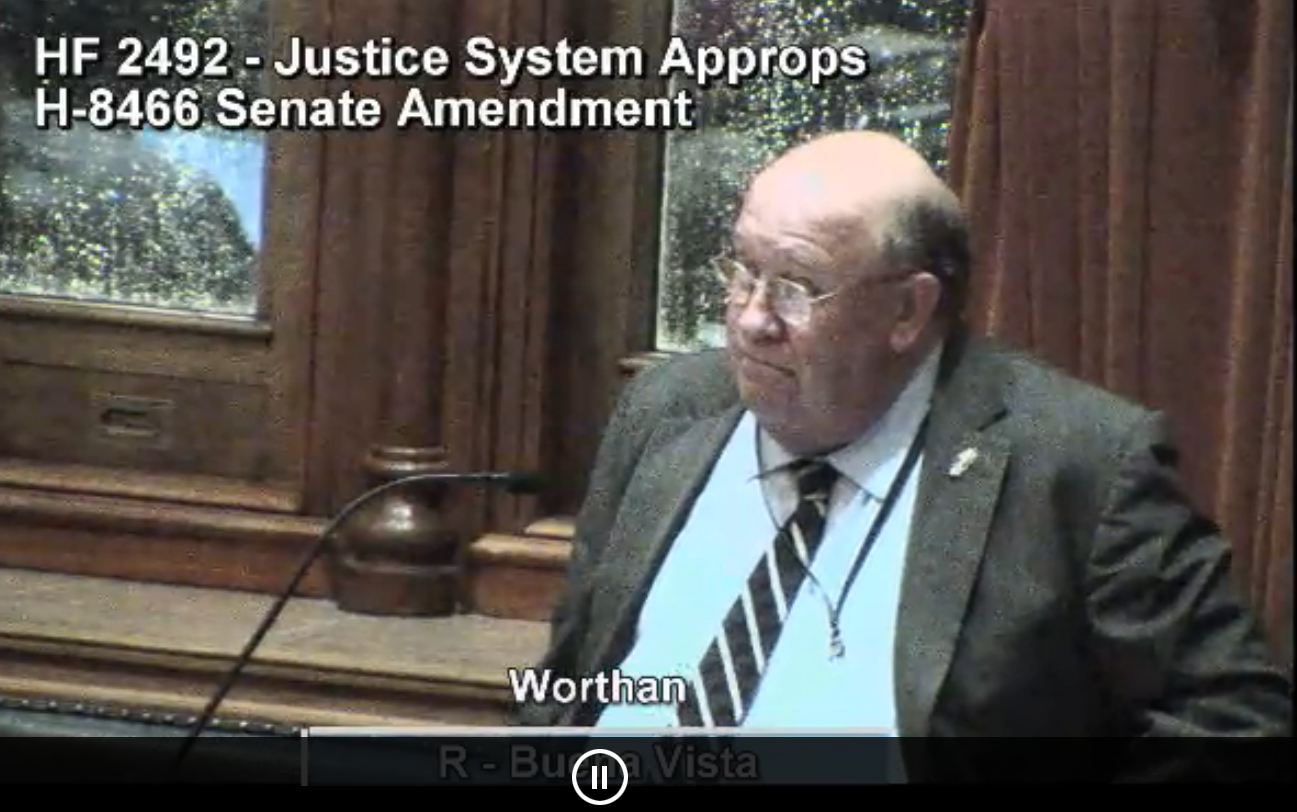While the gasoline tax increase grabbed most of the attention, the Iowa Senate approved two other significant bills on Tuesday. Senate File 270 would combat Iowa’s wage theft problem, estimated to cost workers about $600 million annually. After the jump I’ve enclosed State Senator Bill Dotzler’s opening remarks on the bill, which cover its key provisions. Victims of wage theft testified at an Iowa Senate hearing in late January, and when you hear their stories, it’s hard to understand why this remains a partisan issue.
It makes sense when you read the lobbyist declarations on the bill, showing various labor groups in favor and business groups opposed (including the Iowa Association of Business and Industry, the National Federation of Independent Business, the Iowa Retail Federation, the Iowa Grocery Association, and the Iowa Propane Gas Association). During the Senate Labor and Business Committee’s hearing on wage theft, GOP Senator Rick Bertrand had criticized the idea of forcing more “paperwork” on all Iowa businesses because a minority are stealing wages from workers. Democrats later incorporated some amendments suggested by Bertrand. Nevertheless, the final vote on Senate File 270 was strictly partisan, with 26 Democrats in favor and 23 Republicans against. Senators approved a similar bill last year, also along party lines. It died in the Iowa House.
Senate File 269, which would raise Iowa’s minimum wage from $7.25 to $8.00 this year and to $8.75 next year, cleared the Iowa Senate on February 24 as well. This time Bertrand joined the 26 Democrats in voting for the bill; the other 22 Republicans who were present opposed it. For the last couple of years, many Democrats nationally and in Iowa have endorsed a minimum wage of $10.10. I assume Senate File 269 set a lower goal in the hope of attracting bipartisan support, but I would have stuck with $10.10. Not only is that closer to a living wage, it’s closer to the purchasing power of Iowa’s minimum wage the last time it was raised in early 2007.
Incidentally, only three of the current Iowa Senate Republicans were in the legislature when Iowa last raised the minimum wage in 2007. Of those, David Johnson voted for raising the minimum wage to $7.25, while Brad Zaun and Jerry Behn voted against it.
Republican statehouse leaders have no interest in raising the minimum wage now, but when a minimum wage increase came to a vote in 2007, it passed with huge bipartisan majorities in both chambers. At that time, supporters included nine current Iowa House Republicans: Kraig Paulsen (now Iowa House Speaker), Linda Upmeyer (now Iowa House Majority Leader), Clel Baudler, Dave Deyoe, Cecil Dolecheck, Jack Drake, Dan Huseman, Linda Miller and Dawn Pettengill (she was a House Democrat at that time but switched to the Republican Party later in 2007). Seven of the current Iowa House Republicans voted against raising the minimum wage to $7.25 in 2007: Greg Forristall, Pat Grassley, Tom Sands, Chuck Soderberg, Ralph Watts, Matt Windschitl, and Gary Worthan.
Any relevant comments are welcome in this thread.
Continue Reading...


